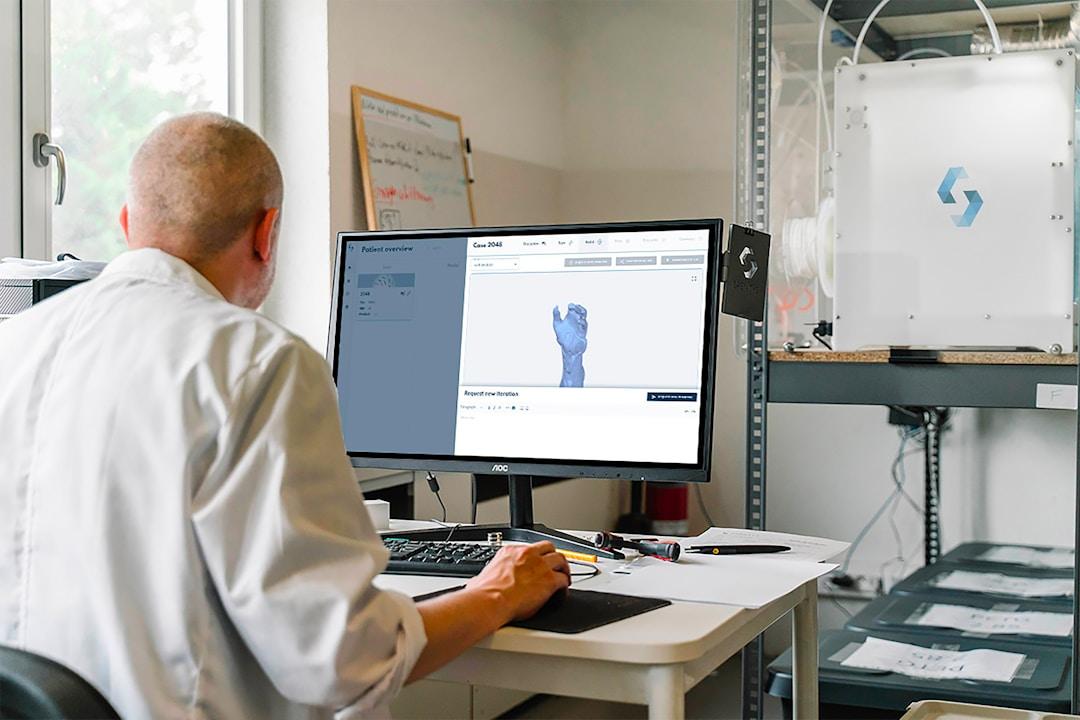Shining a Light on Overlooked Healthcare Career Paths

The healthcare landscape is teeming with a variety of career opportunities that extend beyond the familiar roles of doctors and nurses. In the pursuit of comprehensive patient care, numerous alternative healthcare roles play critical parts, often functioning quietly behind the scenes. From specialists who use cutting-edge technology to those who craft personalized wellness plans, the breadth of careers in this sector is vast and varied. Understanding these roles is key to appreciating the full spectrum of healthcare professions. Below, we will delve into several overlooked yet essential healthcare career paths that deserve recognition.
Exploring Alternative Healthcare Roles Beyond the Traditional Spectrum
The medical field encompasses a treasure trove of alternative career paths that cater to a diverse range of interests and skills. Occupational therapy, for example, is a fascinating domain where practitioners help patients achieve independence in all facets of their lives. A travel occupational therapist can take this a notch higher, embarking on assignments that provide the added excitement of exploring new locations while making a significant impact on patient outcomes.
Medical illustration and art therapy are other unique vocations that combine creative talent with medicinal science to support healing and communication. Within clinical settings, perfusionists who operate heart-lung machines during surgery are vital, though often unrecognized, for the success of complex procedures. Such diversity in healthcare roles ensures that individuals with various talents can find their place in this life-saving industry.
These examples are merely a sampler of the intricate ecosystem that healthcare careers constitute. Each role is a vital cog in the machine that works to maintain and restore health, offering numerous opportunities for those inclined to seek them.
The Impact of Allied Health Professionals in Patient Care
Allied health professionals form the backbone of care services, working diligently to ensure that their contributions enhance overall treatment outcomes. These roles, including radiologic technologists, dietitians, and physical therapists, among others, are integral in providing comprehensive care that addresses the full spectrum of patient needs. Their specialized skills complement those of primary healthcare providers and are critical to the quality and efficiency of healthcare delivery.
In the context of chronic conditions, such as arthritis, allied health professionals like physical therapists play a vital role. For instance, they often work with treatments such as viscosupplement injections, helping patients achieve optimal mobility and pain management. Their work is pivotal in rehabilitation and recovery, often empowering patients to regain function and return to their daily routines.
The collaboration between allied health professionals and doctors, nurses, and surgeons facilitates a multidisciplinary approach to healthcare, ensuring that all aspects of a patient’s well-being are addressed. Pathologists’ assistants, for one, provide valuable insights that guide diagnoses and treatment plans, proving that the reach of allied health professionals extends far into the medical decision-making process.
Pathways to a Career in Healthcare Administration

While the front lines of patient safety and care are crucial, the operational backbone of healthcare institutions is equally important. Healthcare administration provides a career path for those interested in directing the course of healthcare delivery, focusing on management, policy-making, and ensuring that the business aspects of medical facilities run smoothly. With responsibilities that span finance, human resources, and organizational strategy, these professionals keep the wheels of healthcare moving.
The journey to a healthcare administration career can begin with academic training in health services management or a related field. Real-world experience through internships or entry-level positions in medical settings is invaluable, providing aspiring administrators with insights into the practical aspects of managing healthcare services. Advanced degrees such as a Master of Healthcare Administration (MHA) or related MBA programs further enhance a candidate’s qualifications.
Certifications and memberships in professional associations can also play a significant role in developing a successful career. These resources offer networking opportunities, continuing education, and a way to keep abreast of the latest industry developments. Healthcare administrators who invest in ongoing professional development are usually well-positioned for leadership roles.
Altogether, the world of healthcare careers extends far beyond the exam room, encompassing a wide array of professions that are essential for a functioning system. Overall, these diverse roles showcase the multidimensional nature of patient care and offer various pathways for individuals committed to making a difference in the lives of others.









Comments are closed.